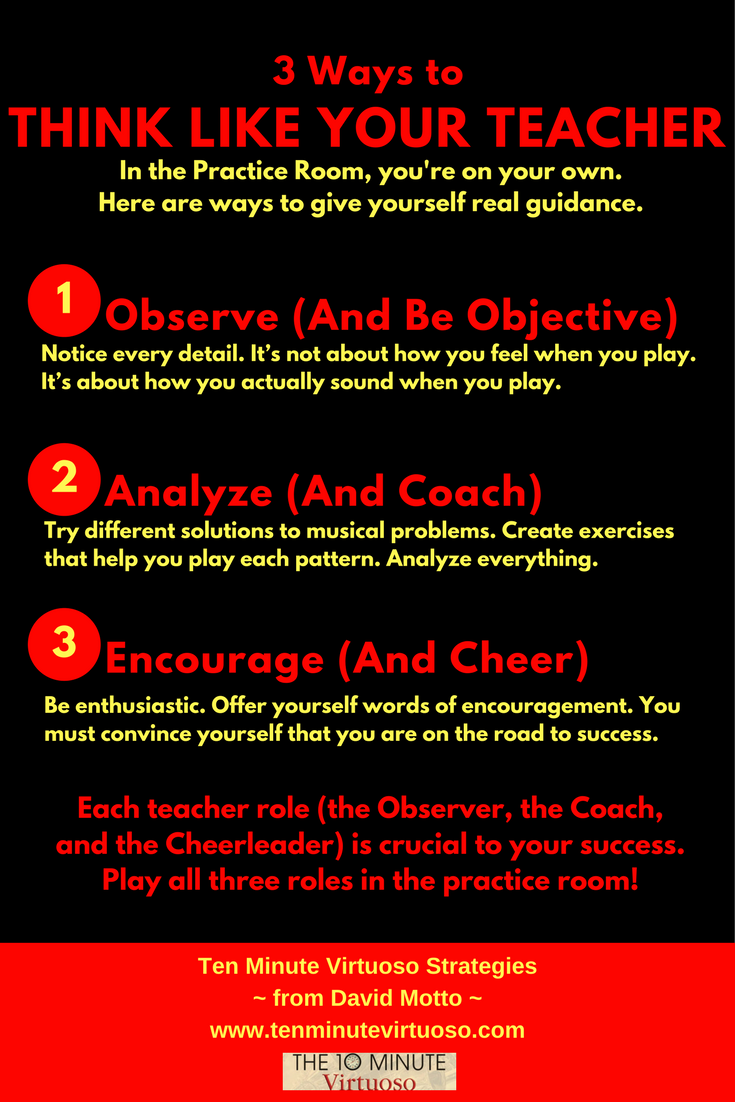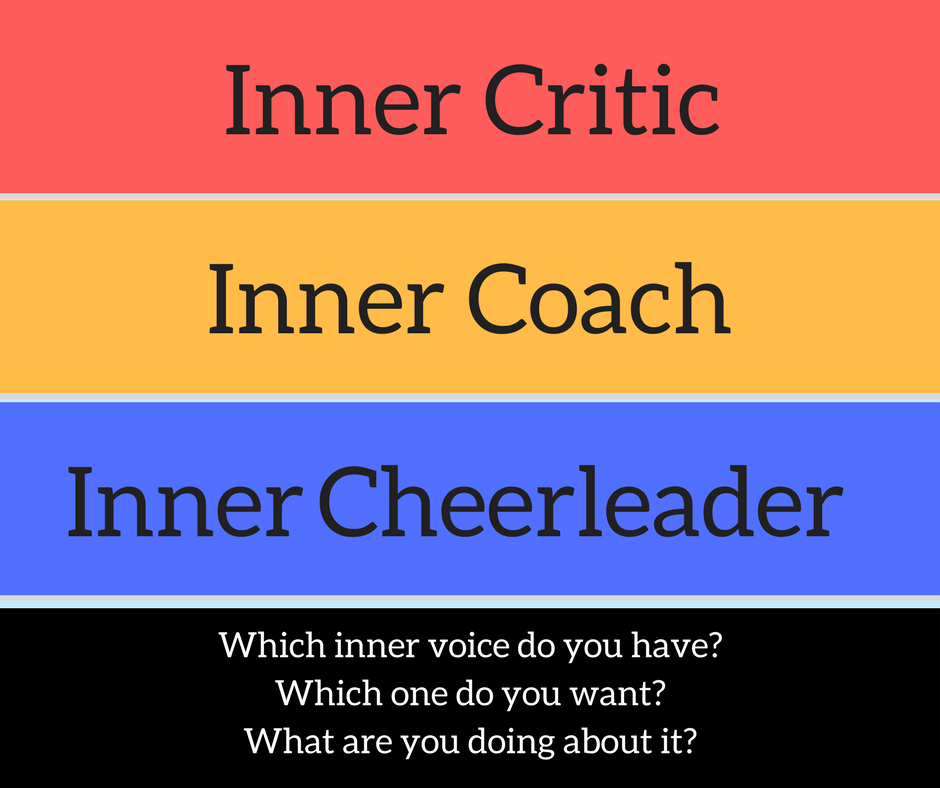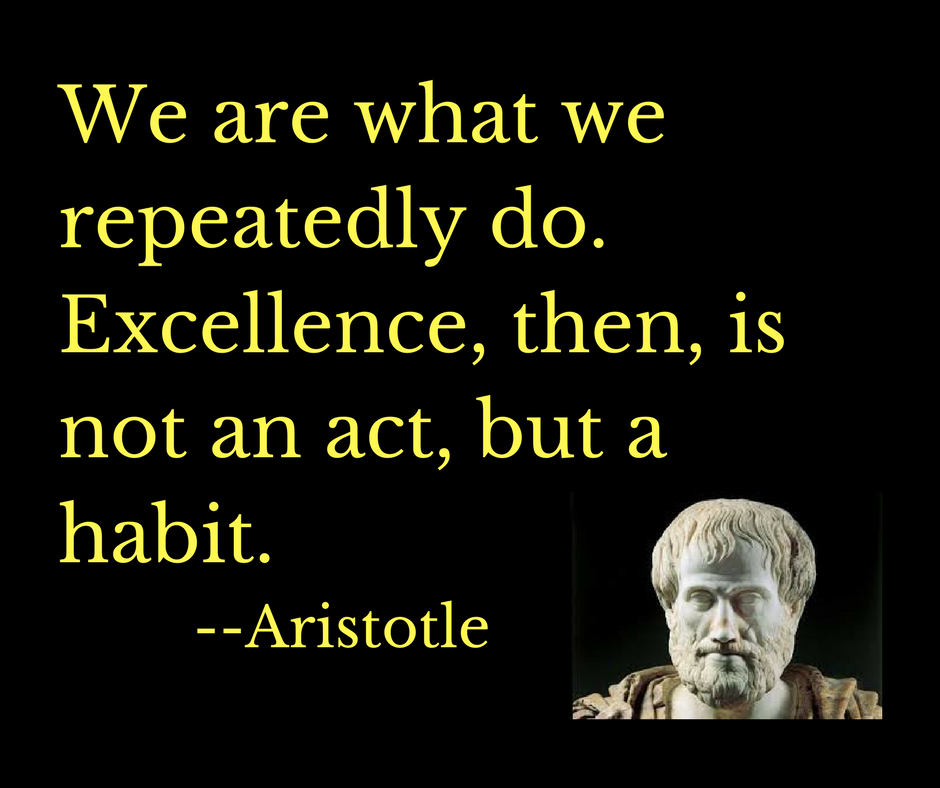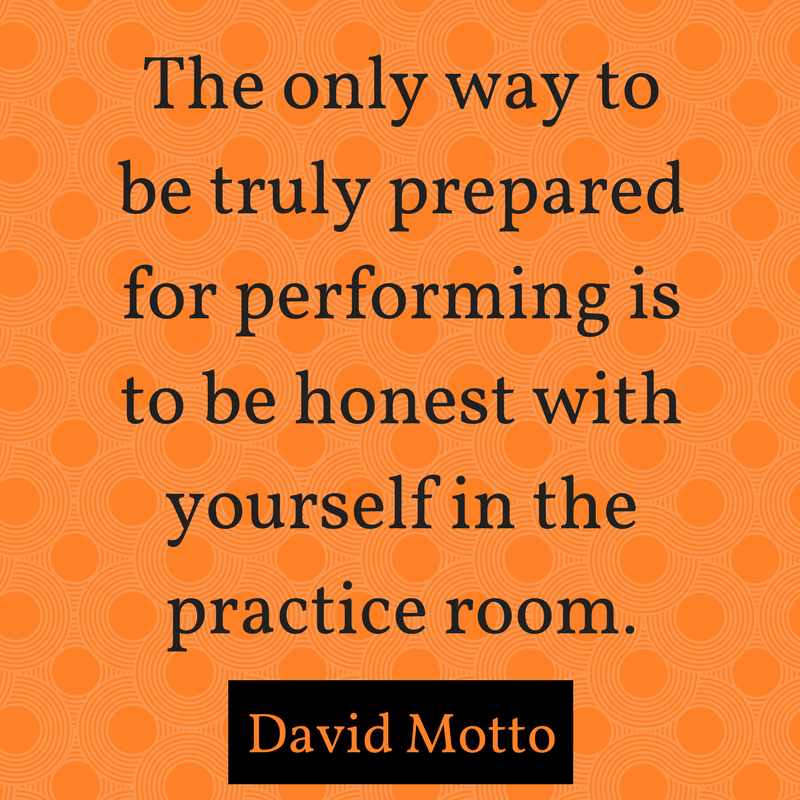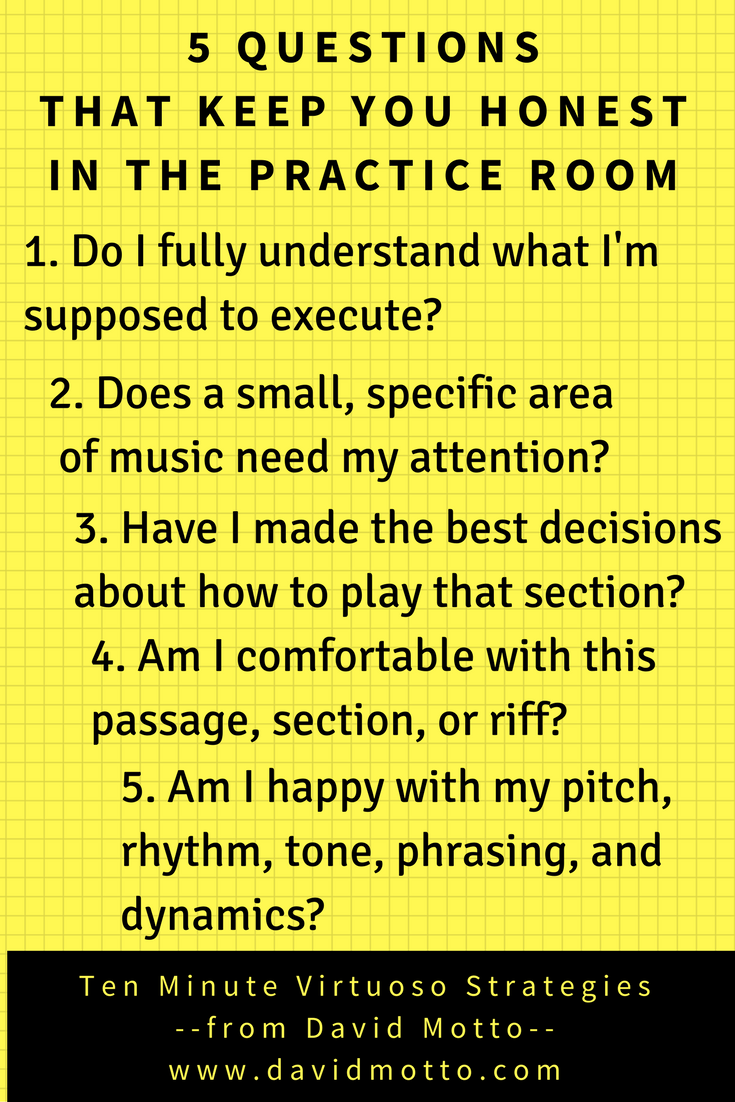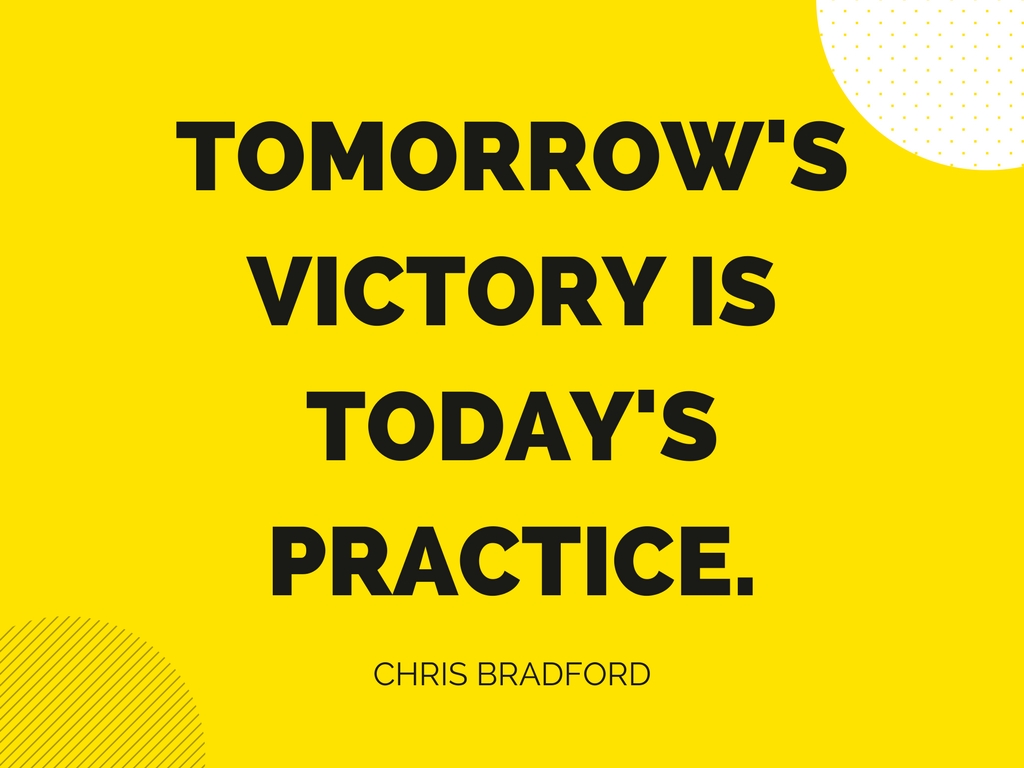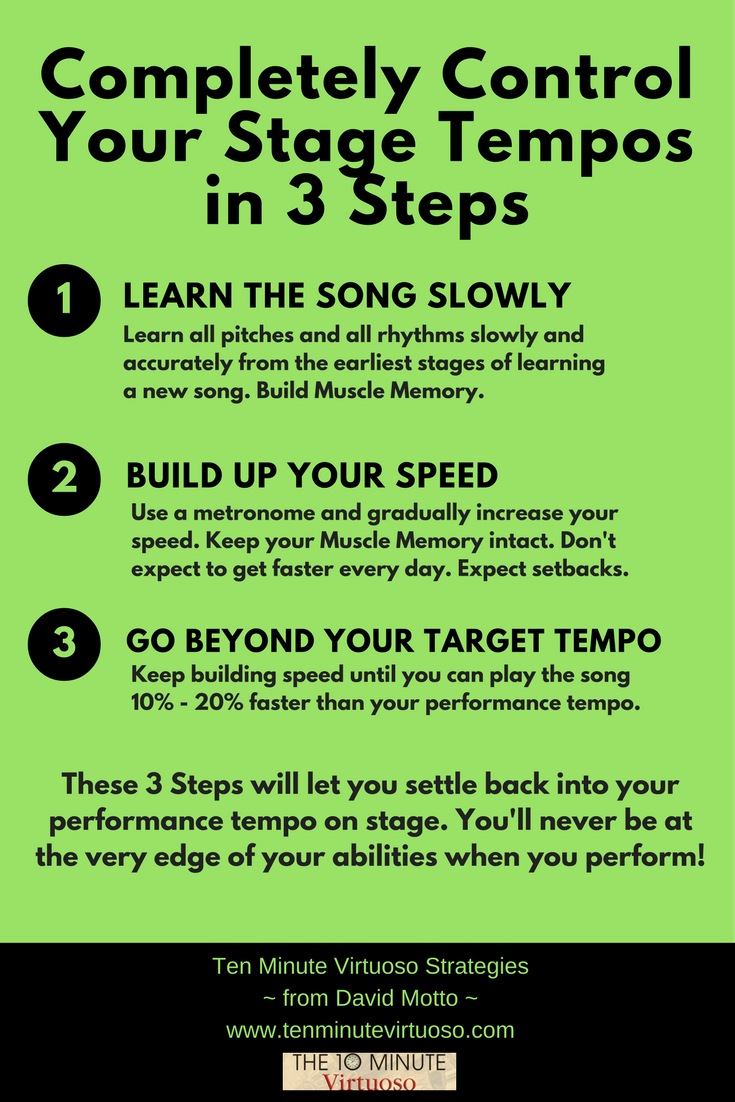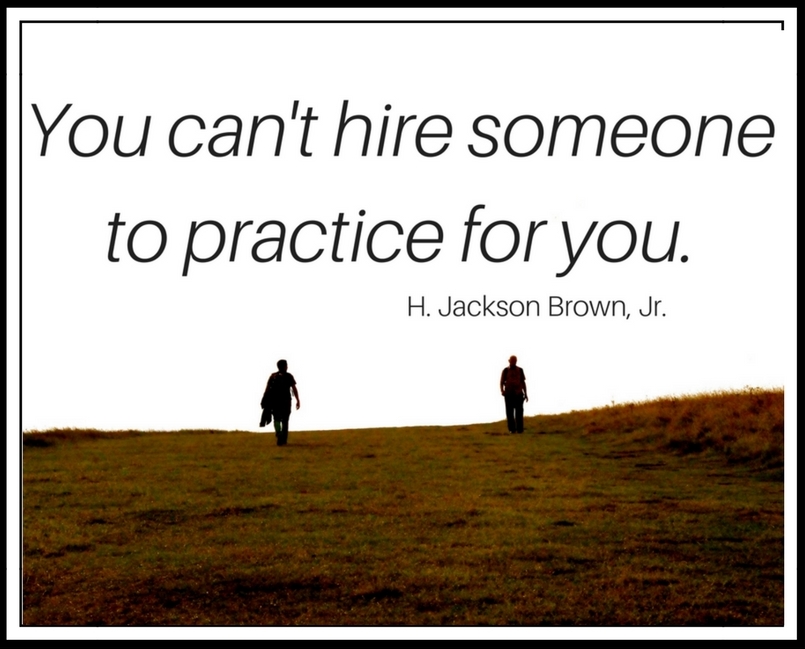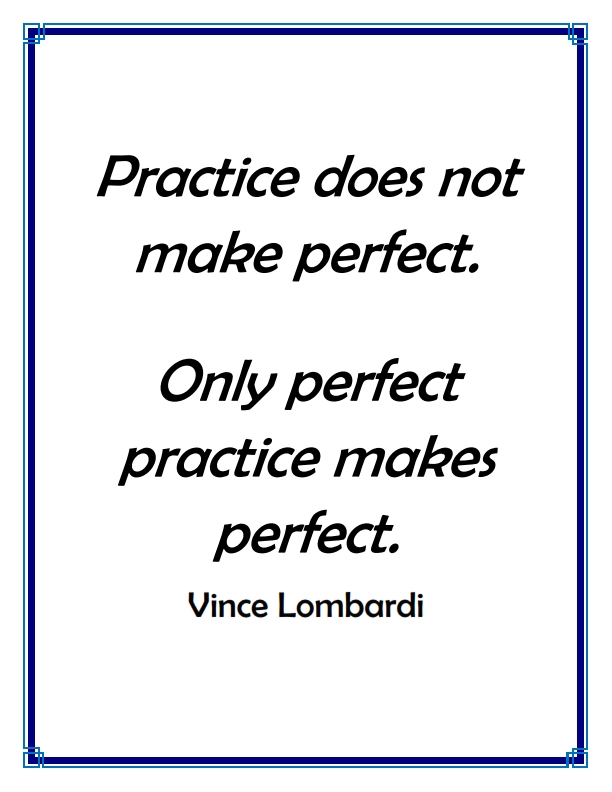David Motto’s Practice Tip of the Week:
Making Time for Music When You’re Busy
Musicians contact me daily to tell me about the challenges they’re facing. As a performance coach, it’s my job to help them meet these challenges so they can meet their goals and get more enjoyment from playing music.
The number one challenge I hear is:
“I don’t have enough time to practice.”
This challenge is faced by all sorts of musicians: pro’s who are traveling and performing, adult amateurs with busy jobs and families, students who have ten other activities (and homework) in addition to music in their lives.
As I work with musicians, we come up with customized solutions to help solve the riddle of creating enough time for practicing. Below, I’m including some of these strategies.
These strategies are not listed here in any particular order because they often work best by finding a combination that exactly fits your situation.
If even one of my solutions speaks to you, you can create a positive change by using it. Combining three or four will create a huge improvement in your musical life!
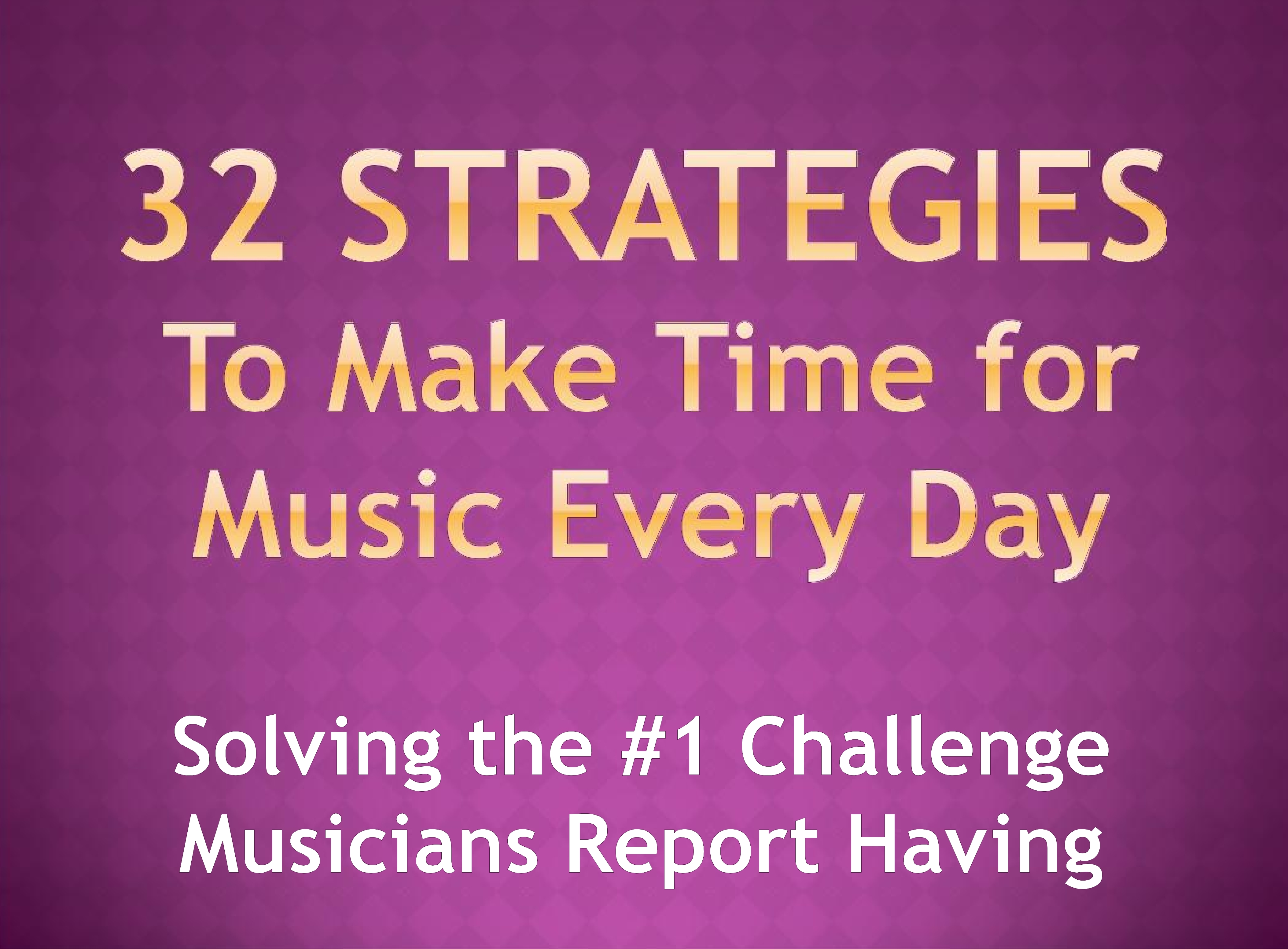
1. Practice First
This is a variation of the financial advice to “pay yourself first.” If you practice before doing errands, housework, gardening, and all the other activities you engage in, you will make time for music and you’ll still have time to finish all that other stuff.
2. Schedule Your Music
Every important activity in your life is on your calendar. Meetings. Appointments. Vacations. Volunteer work. Social engagements. Find a spot every day on your calendar for music.
 3. Visualize
3. Visualize
You can practice without your instrument. See, hear, and feel yourself playing perfectly – in your mind’s eye. Take mental control of that little spot you’re struggling with.
4. Use Down Time
There are many times a day when a few “dead” minutes occur: waiting to leave the house, standing in line, pumping gas, watching the microwave. Go over that rhythm, interval, phrase, or whatever has been bothering you.
5. Make Practicing Non-negotiable
What if you told everyone in your life that you were absolutely, positively going to play your music every day and that everything else would have to work around this fact?
6. Deal with Distractions
Practice behind a locked door. Put your phone in airplane mode when you practice. (Your metronome, tuner, and music player apps will still work.) Do whatever you can to avoid distractions.
7. Never Skip a Day
No matter what, even if you only play for one minute, play music every day. EVERY day. Count the days. See if you can get to 100 days in a row. 200 days. 365. 500. 1,000. Keep going.
8. Know that Conditions are Never Perfect
You’re life is probably not set up to give you hours of free time on a daily basis. Don’t wait for that perfect future where you’ll have 2 – 3 hours of uninterrupted music time every day. Just get done whatever you can today.
9. Reward Yourself
Did your practicing today? At the very least, congratulate yourself for doing something important that you want to do. If you make your weekly practice goal, go out for dinner. Practiced every day for one year? Throw a party!
10. Declare Your Practice Goals on Social Media
Let all your friends know your practice goal. Give them daily updates. You won’t want to embarrass yourself in front of all your friends.
11. Use the Buddy System
Find another musician and promise one another that you’ll practice a certain amount every day. Make it a competition. The first one to skip a day buys dinner.
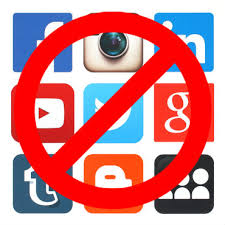 12. Take a Media Vacation
12. Take a Media Vacation
Would you have time for music if you turned off your TV? Stopped reading the news? Didn’t check your social media feeds? Try this for one week. Then, for one month.
13. Make a Deadline
Having a rehearsal, audition, performance, recording session, jam session or anything else that is scheduled and can’t be cancelled is a huge motivation for finding the time to practice.
14. Say No When You Need to Say No
If you say yes every time someone requests something of you, you will never have time for the things in life that are important to you. Learning to politely say no will give you a lot of extra time in your life for music.
15. Figure Out Your Time Siphons
Feel like some things in your life just suck up all your spare time and leave you feeling down? Define these things. Then, see if you can minimize or eliminate them from your life.
16. Keep a Time Log
If you’re not sure how all the time seems to disappear each day, keep a written log of every activity you do for 24 hours, in 15-minute increments. You will be amazed by two things: (1) the amount of down time that happens on any given day, and (2) how you really, actually spend your time!
17. Create a Personal, Daily Ritual
Combine practicing with something you do anyway that gives you some personal time. Coffee. Meditation. Snacking. Stretching. Anytime you take a few minutes for yourself, add on a couple more minutes to play music.
18. Redefine “Practicing”
Practicing does not have to mean what you think it means. Practicing includes: studying your sheet music, listening intently to recordings of songs you’re learning, tapping out rhythms, doing visualizations, hearing a melody in your head, defining phrasing, figuring out your breathing, and many other activities that don’t need to take place during a practice session.
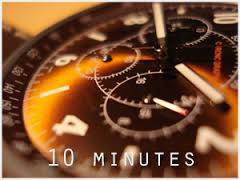 19. Use Any Time You Can to Practice
19. Use Any Time You Can to Practice
Have one minute? Play a scale. Have five minutes? Work on some Tough Stuff you’ve been avoiding. Have ten minutes? Do a warmup, play one arpeggio, play one scale, and focus on one phrase from the song you’re learning.
20. Define What You Must Do Every Day
We all have things we should do. Then, there are things we will do. What about the things you must do? These are the things you are absolutely, completely dedicated to doing – no matter what – every day of your life. Put playing music in this category!
21. Lower Your Standards
No, not your musical standards. Keep those high! I’m talking about other stuff in your life you can do less well. Does the lawn have to look perfect? Do dishes have to be rinsed before going in the dishwasher? Cut yourself some slack!! Some things aren’t really priorities and you can save yourself time – time that you need for music.
22. Always Be Ready to Practice
Keep your practice room set up and ready – always! You want to be set up so that, at a moment’s notice, you could go in there and play music immediately.
 23. If You Use Rewards, Use Penalties Too
23. If You Use Rewards, Use Penalties Too
It’s all well and good to reward yourself when you meet your practice goals. And, if you have a similar system in place that kicks in when you do not meet your goals, you will double your motivation. Always have consequences in place that will occur when you don’t make time for practicing music.
24. Do Other Things Less Often
Your time gets used up by many, many activities. Some of those activities can happen less often. Some things you do daily could be done every other day. Some weekly items could happen every two or three weeks.
25. Delegate
If you’re able to hand off some unimportant activities in your life, you’ll create more time for music. Just as business leaders manage their time by delegating tasks, you need to be the manager of your music time by asking or hiring other people to take care of some of unimportant stuff in your life.
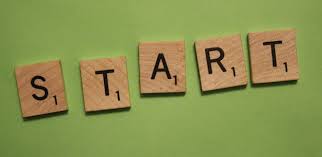 26. Start Small and Expand
26. Start Small and Expand
It’s okay to play for five minutes a day this week. Next week try ten minutes a day. Next month you’ll be up to 20 minutes a day. Practicing music is not an all or nothing activity. Make sure you play every day even if you can’t put in as much time as you want to.
27. Leave Work on Time
There are so many things that can make people stay late at work. Do your absolute best to minimize these distractions. You may be able to buy enough time at home to practice daily.
28. Make Practicing Part of Your Homework
If you’re a student, put practicing music into your homework mix. It’s not an either/or situation. Practicing is just part of homework.
29. Schedule the End Time for Phone Calls
At the beginning of every phone call you receive, tell the person who called you that you can talk for a certain number of minutes – and stick to this end time! Over the course of a day, you could buy yourself an hour of time for music.
30. Break Everything Down
If you break down every song and exercise into small segments (achievement researchers call these segments “chunks”), you can focus on specific segments during any given practice session. This frees you from the dangerous and time-consuming thought that you need to play through every song every time you practice.
31. Use a Timer
When you’re practicing, give yourself micro-deadlines for each activity by setting a timer for one minute, two minutes, or five minutes. That’s all the time you’ll spend on whatever item you’re currently on, and you will focus at a higher level knowing that your time for improvement is limited.
 32. Know Thyself
32. Know Thyself
For any of these strategies to work, you need to know why you want to play music in the first place. The meaning that music has in your life can serve as a huge motivating factor as you’re figuring out how to make the time to play music every day.
How to Use This List Successfully
This is a long list. And, there are even more ways to increase the amount of time you could have for playing music than I listed here. Which ones you try and how many you try isn’t important. Here’s what is important:
Today, right now, try just one of these strategies to see how it works for you. Choose the one that you feel in your gut will be the most effective for you.
If that strategy works, stick with it. If it’s unsuccessful, try something else.
For a few weeks, add one new strategy weekly, keeping the ones that work and tossing the ones that don’t. Over time, you will find the perfect combination of strategies that fit your life.
Leave me a comment about how you’re doing creating more time for music. I’m curious about which strategies are working for you.
Get my FREE Resources to become a better musician,
achieve your goals, and see the success you deserve.

To Your Musical Success!
David Motto
|
Join me on Facebook

|
Follow me on Twitter

|
Share my Pins

|

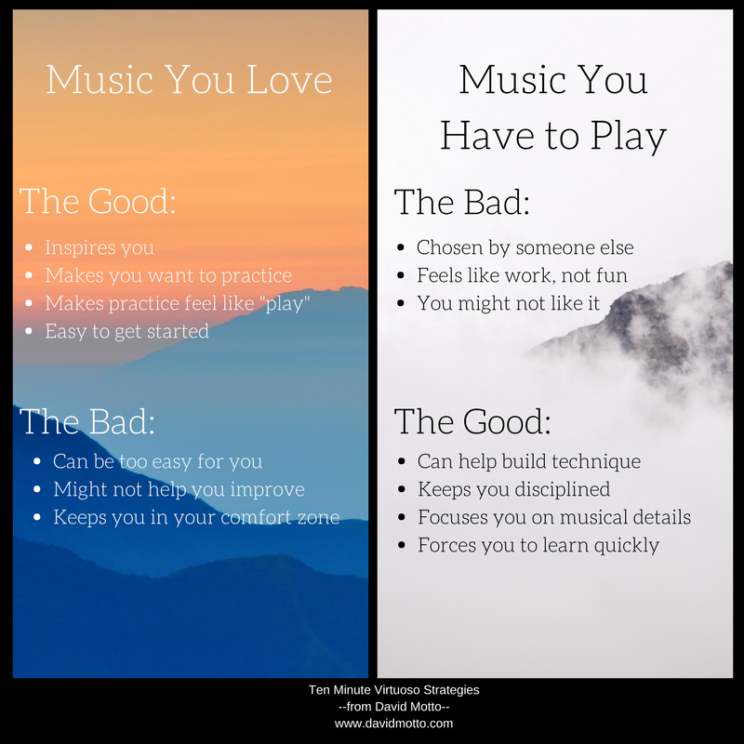

 3. Visualize
3. Visualize 12. Take a Media Vacation
12. Take a Media Vacation 19. Use Any Time You Can to Practice
19. Use Any Time You Can to Practice 23. If You Use Rewards, Use Penalties Too
23. If You Use Rewards, Use Penalties Too 26. Start Small and Expand
26. Start Small and Expand 32. Know Thyself
32. Know Thyself


